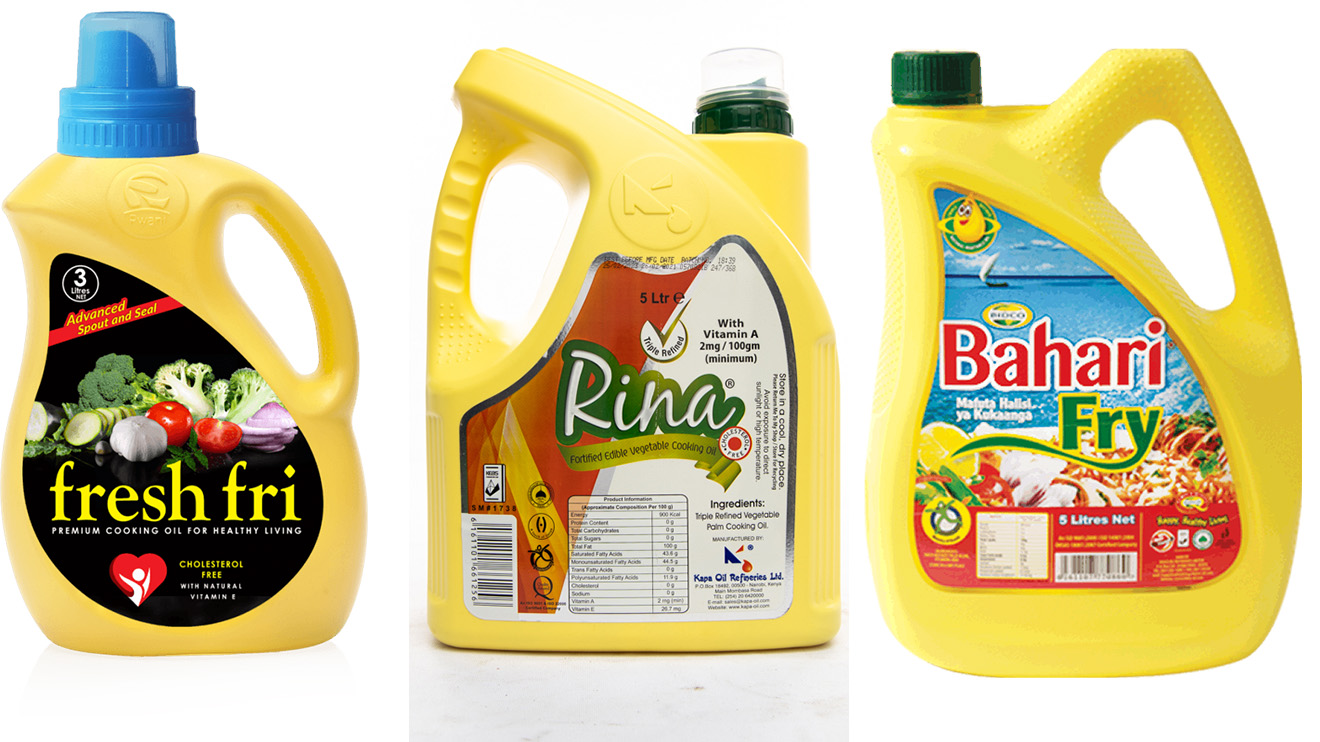Edible oil manufacturers are up in arms over a newly imposed 10 percent import duty on crude palm oil, a key ingredient in the production of cooking oil and other household staples.
The industry is warning of impending price hikes that will further burden already stretched consumers.
The new tax, which took effect this month, was introduced under the East African Community’s Common External Tariff (CET) following a Kenyan proposal. It replaces a previous zero-rated duty.
Billow Kerrow, chair of the Edible Oil Manufacturers of Kenya and chairman of Darfords Industries Limited, expressed the industry’s displeasure with the move.
"We have written to the National Treasury to have this tax removed because it is driving up the cost of living by increasing prices for essential commodities like cooking oil," he stated.
Read More
The industry contends that the tax undermines recent price declines in vegetable oil and related products, which were attributed to a strengthening shilling and Indonesia's lifting of export quotas for crude palm oil.
With the additional costs imposed by the new duty, manufacturers are bracing for upward price adjustments.
Darfords Industries, one of Kenya’s leading edible oil processors, produces a range of products including cooking oil, soap, margarine, and cosmetics.
The company is among those directly affected by the tax.
Kenya and Uganda are the only East African Community member states currently subjecting crude palm oil imports to the 10 percent duty.
Additionally, the commodity faces other taxes within Kenya, including a 16 per cent Value Added Tax (VAT), a 2.5 percent Import Declaration Fee (IDF), a 2 per cent Railway Development Levy (RDL), and a 2 percent Oil Crops and Nuts Development levy
Kerrow urged the government to reconsider the tax, citing the ongoing public outcry against tax increases.
"This single act will cushion millions of Kenyan consumers, especially the vulnerable, from imminent significant price hikes for these essential household products," he emphasized.
Cooking oil is a vital ingredient in the preparation of numerous Kenyan staples like mandazi, chapatis, and chips. It is also used in the production of bread, margarine, soap, and cosmetics.
The industry warns that the new tax will lead to increased prices for these essential products, further straining the budgets of millions of Kenyans already grappling with the high cost of living.



 shares a light moment with the company's Group CEO Dr Patrick Tumbo (right) at a past event-1758121528.jpeg)
-1758116028.jpeg)



